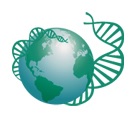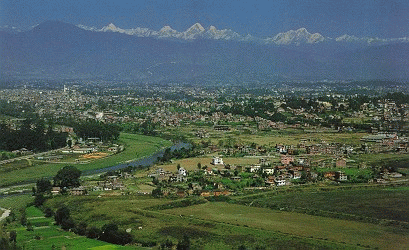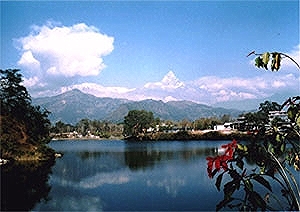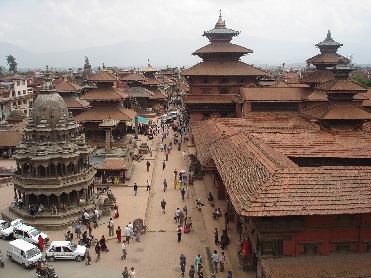APUA Celebrates 30 Years
On September 18, 2011, APUA celebrated its 30th anniversary at the 51st Interscience Conference on Antimicrobial Agents and Chemotherapy (ICAAC). A symposium honoring the occasion was held in the morning, entitled “Novel Approaches to the Containment of Antibiotic Resistance in Industrial and Developing Countries: Celebrating 30 Years of APUA.” It explored the global antibiotic resistance problem and highlighted the need for improved surveillance, diagnostics, and targeted treatments, especially in the developing world.
APUA also held its Annual International Member Reception the evening of September 18 in the beautiful Prairie Center Lobby of the Hyatt Regency McCormick Place in Chicago. At the reception, the 2011 APUA Leadership Award was presented to the European Society of Clinical Microbiology and Infectious Diseases (ESCMID) and Dr. Giuseppe Cornaglia (ESCMID Chairman and President). The award recognized ESCMID and Dr. Cornaglia for their invaluable work in establishing effective expert study groups and educational initiatives in developing countries to control antibiotic resistance and improve treatment. APUA and ESCMID gave a joint press release for the award on the same day. The 2011 APUA Chapter Leadership Award was also presented to APUA-Nepal and Dr. Kumud K. Kafle (APUA-Nepal President). The award recognized APUA-Nepal and Dr. Kafle for their extraordinary multi-hospital coordination efforts to increase practitioner awareness of antibiotic resistance trends and guide antibiotic treatment in the Kathmandu region.
Although the APUA-Nepal team was unable to attend the reception, Dr. Kafle and his colleagues were recognized at the podium and applauded for their work. Below, Dr. Kafle’s remarks of acceptance, and photos from the night.
It is a great honor to APUA-Nepal and to me to receive the 2011 APUA Chapter Leadership Award. On behalf of the chapter, I extend sincere thanks to APUA for the award and accept with greatest pleasure.
On this occasion, I would like to share some successful stories of the chapter and some barriers that we are facing:
- We were given the responsibilities of drafting antibiotic policy for the country at a very early stage after registration of the chapter with the government as a NGO. Antibiotics strategies that we drafted were also incorporated into the existing National Drug Policy in 1995.
- We drafted Antibiotic Treatment Guidelines and submitted them to the Ministry of Health and Population (MoHP) for approval. The process of getting to the final draft took a long time and we look forward to receiving the final document soon.
- We have been publishing the APUA-Nepal Newsletter every year since 2004. We have released sensitivity patterns of common isolates in urine, blood and pus samples from different levels of hospitals in Nepal. We do not have funds to support the data collection; rather, the motivation for a source to make data available to us is receiving acknowledgement in our Newsletter. The Newsletter is distributed to prestigious teaching hospitals and other hospitals at different levels of healthcare in the country.
- We published an article on "Antimicrobial resistance at different levels of health care services in Nepal" in the Regional Health Forum, published by SEARO/WHO on World Health Day 2011.
- We have been very happy to develop a curriculum and training materials on "Rational use of antimicrobials for fresh medical graduates," a problem-based approach developed with the contributions of senior faculty from medical schools and senior health professionals. There has been a demand to train more groups, but the chapter could not continue it due to shortage of funds needed to revise the training materials, support trainers, and provide other logistical support.
The award will be a stimulus and an encouragement to the chapter to do more good work in the future to meet the objectives of APUA.
Thank you,
Dr. Kumud K. Kafle
President, APUA-Nepal










